-
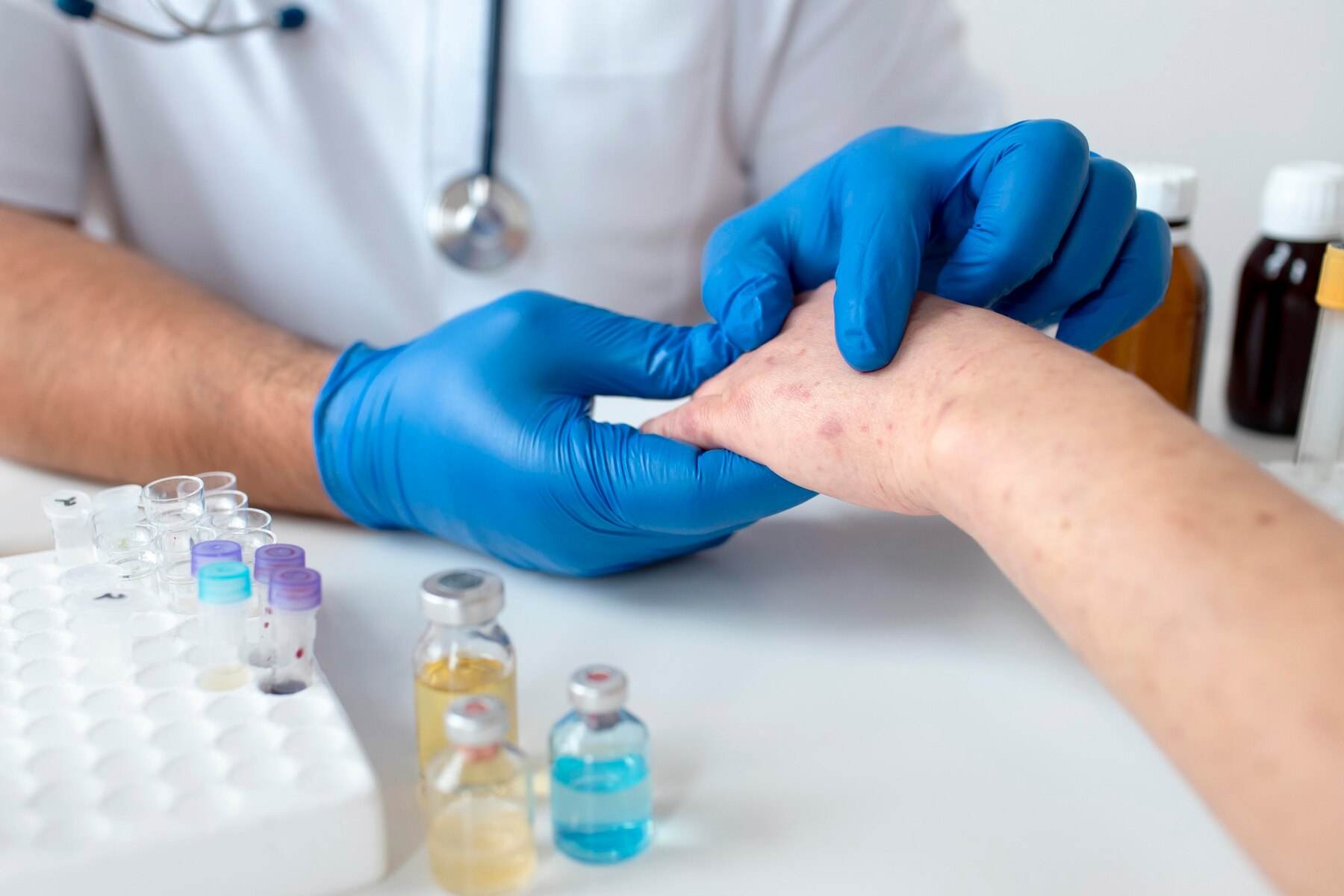
1
Antihistamines
These are commonly used to relieve itching and
reduce the severity of hives. They can be obtained
over-the-counter or prescribed by a healthcare
provider. Antihistamines work by blocking the
effects of histamine, a substance released in the
body during an allergic reaction.
-
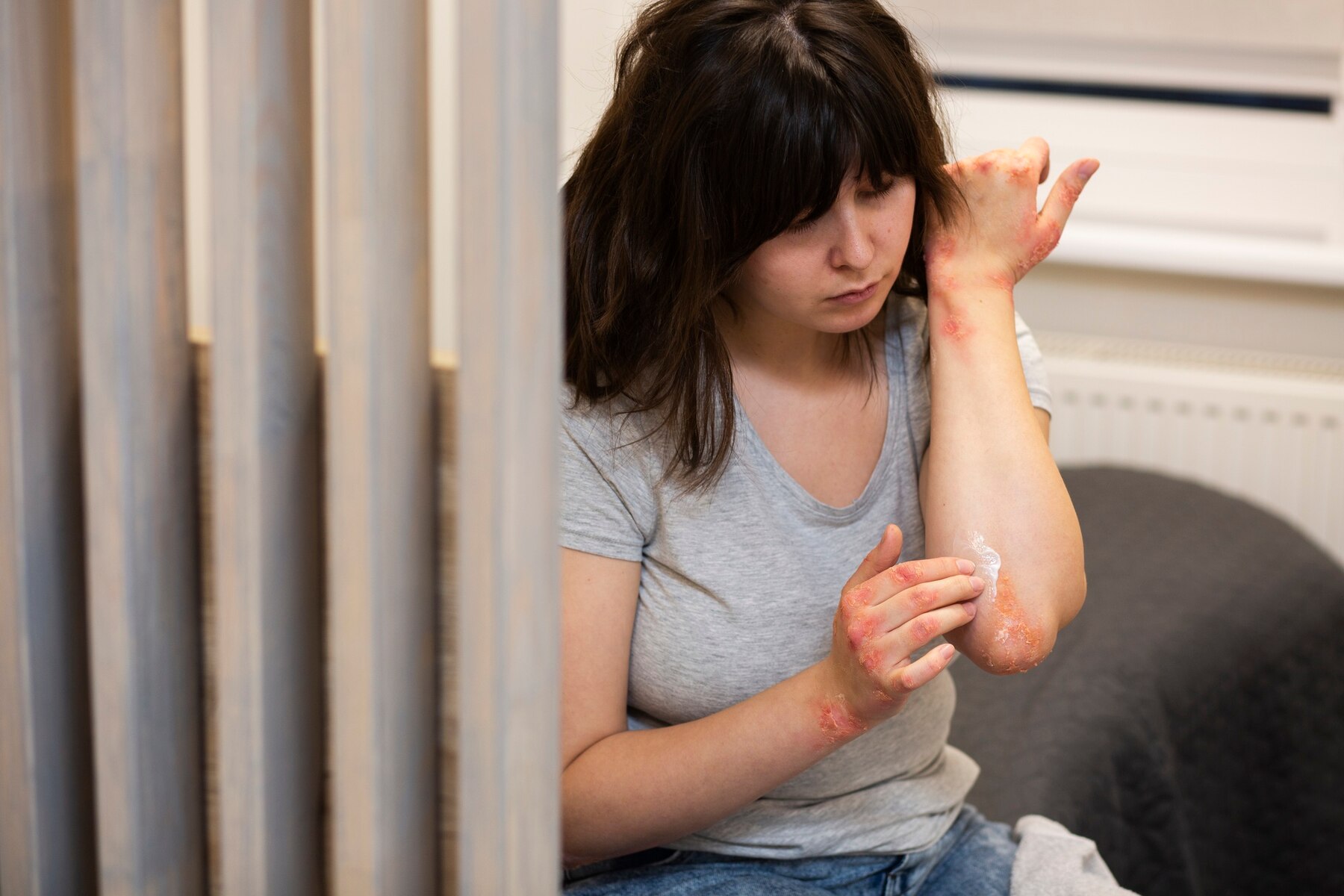
2
Corticosteroids
In cases of severe or persistent hives,
corticosteroids may be prescribed to reduce
inflammation and alleviate symptoms. They are
usually prescribed for short-term use to avoid
long-term side effects.
-
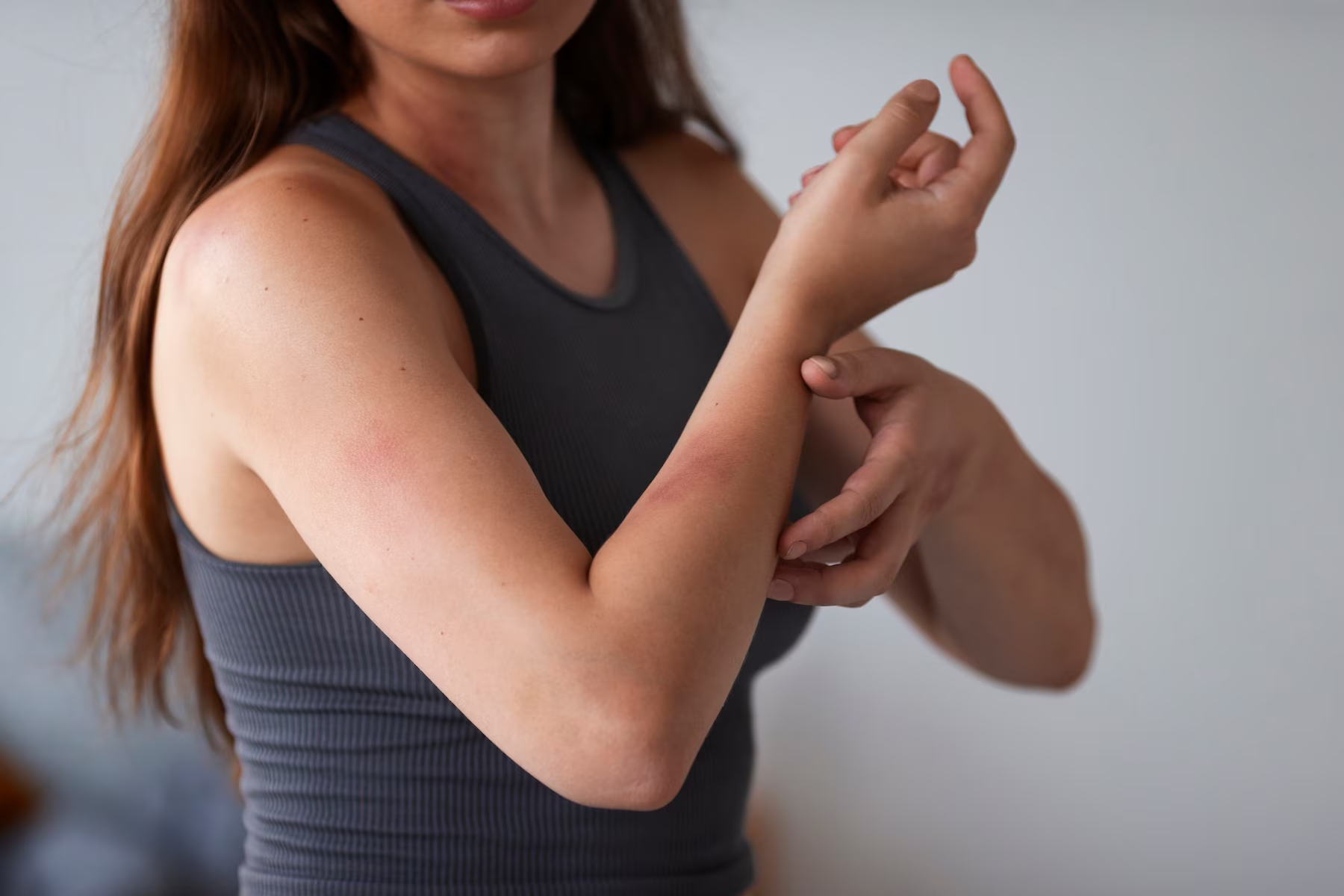
3
H2 Blockers
These medications block the action of histamine on
H2 receptors in the stomach, reducing the production
of stomach acid and providing relief from symptoms
such as heartburn and acid reflux associated with
chronic hives.
-
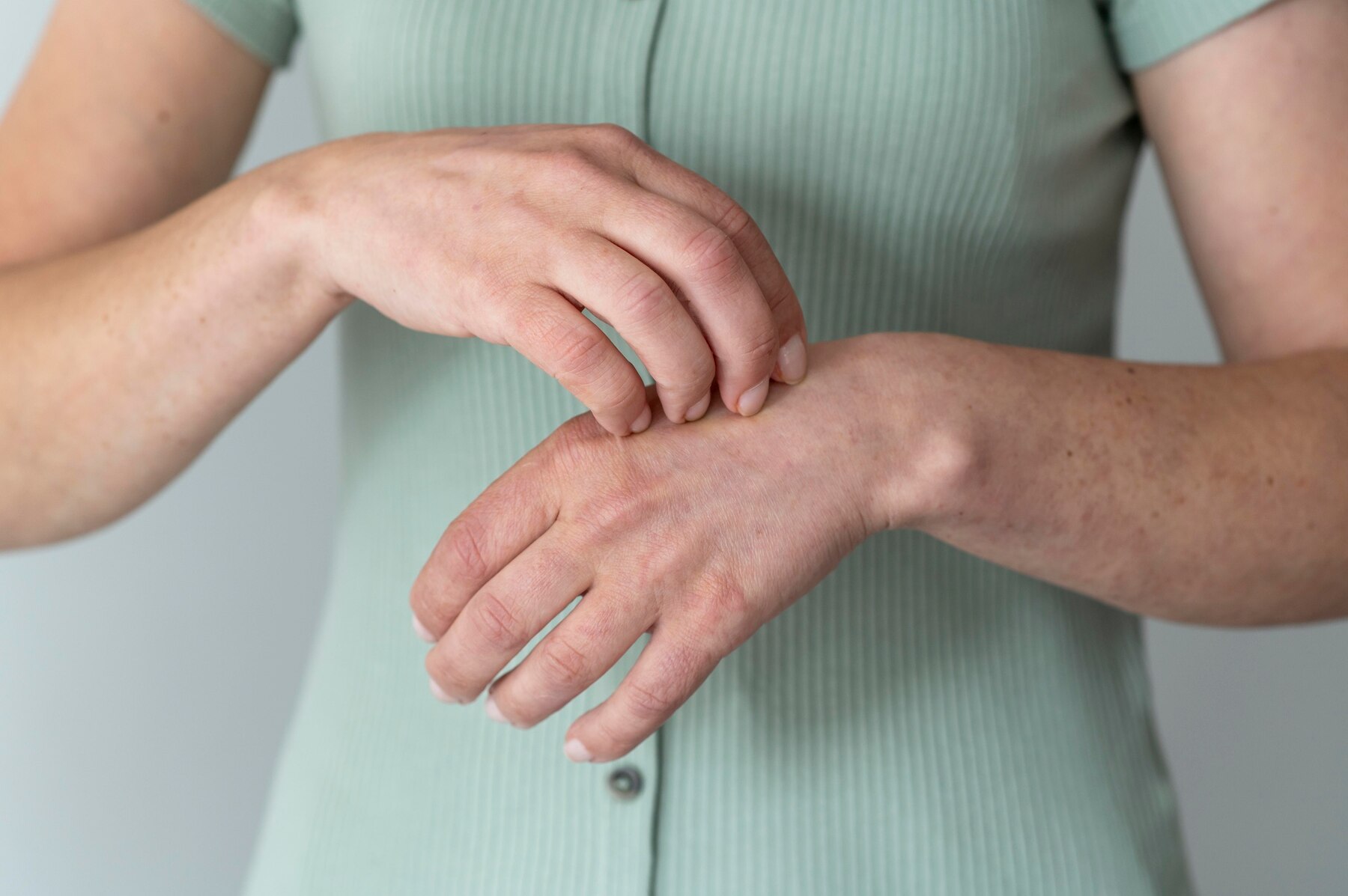
4
Avoiding Triggers
Identifying and avoiding triggers that can
exacerbate hives, such as certain foods,
medications, insect bites, or environmental factors
like heat or stress, can help prevent flare-ups.
-
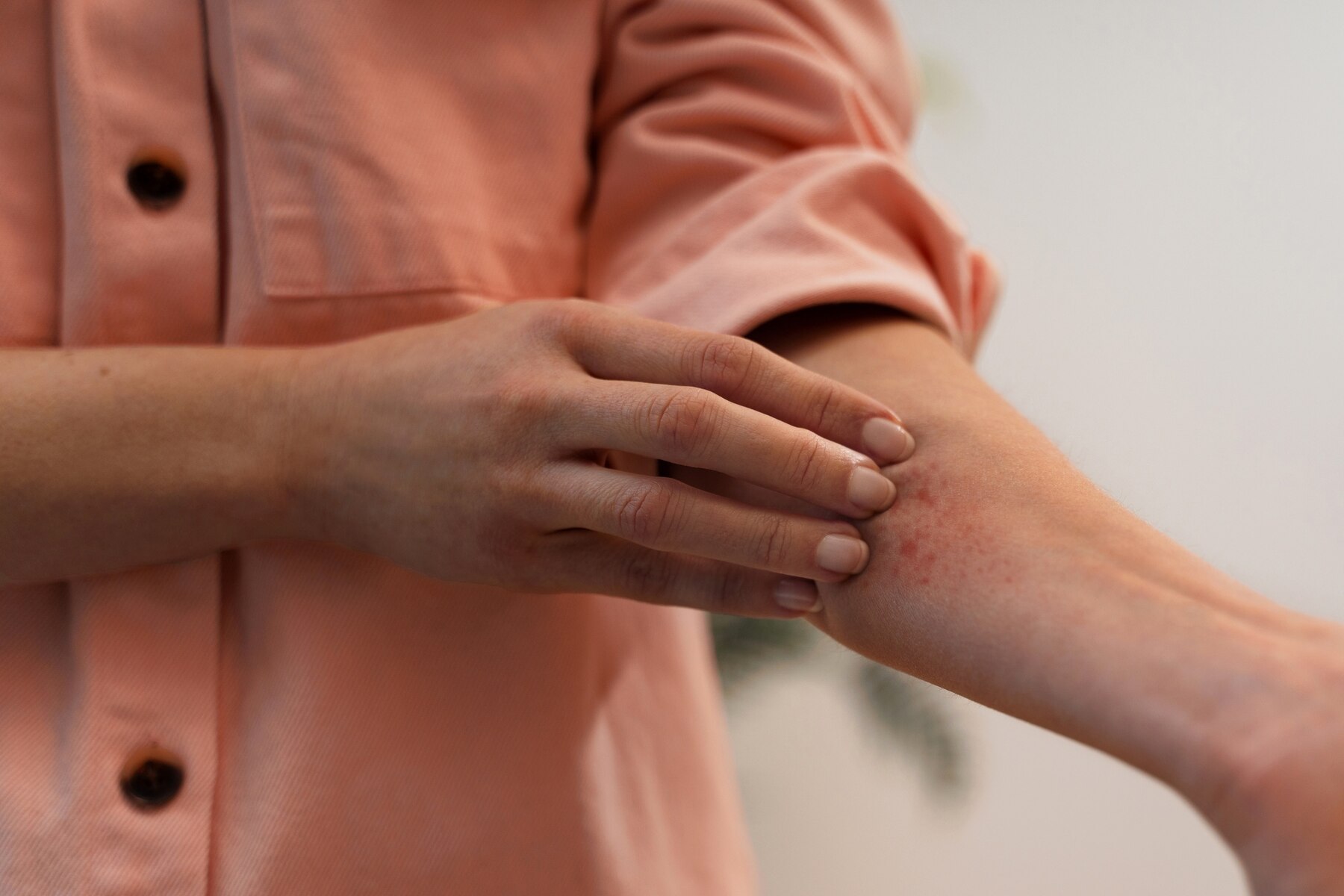
5
Cool Compresses
Applying cool compresses or taking cool baths can
help soothe the skin and alleviate itching
associated with hives.
-
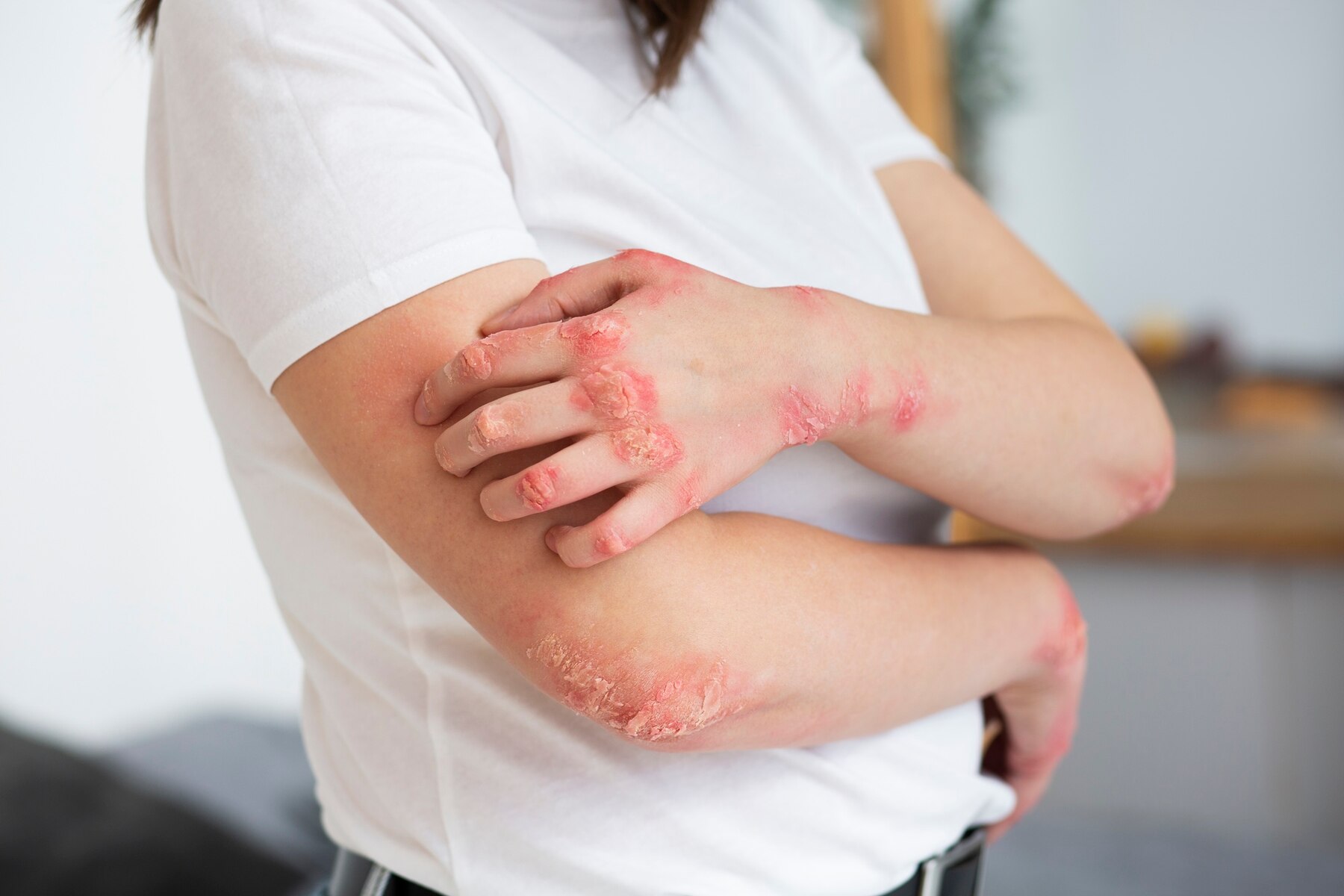
6
Topical Treatments
Over-the-counter creams or lotions containing
ingredients such as calamine, menthol, or colloidal
oatmeal may provide temporary relief from itching
and discomfort associated with hives.
-
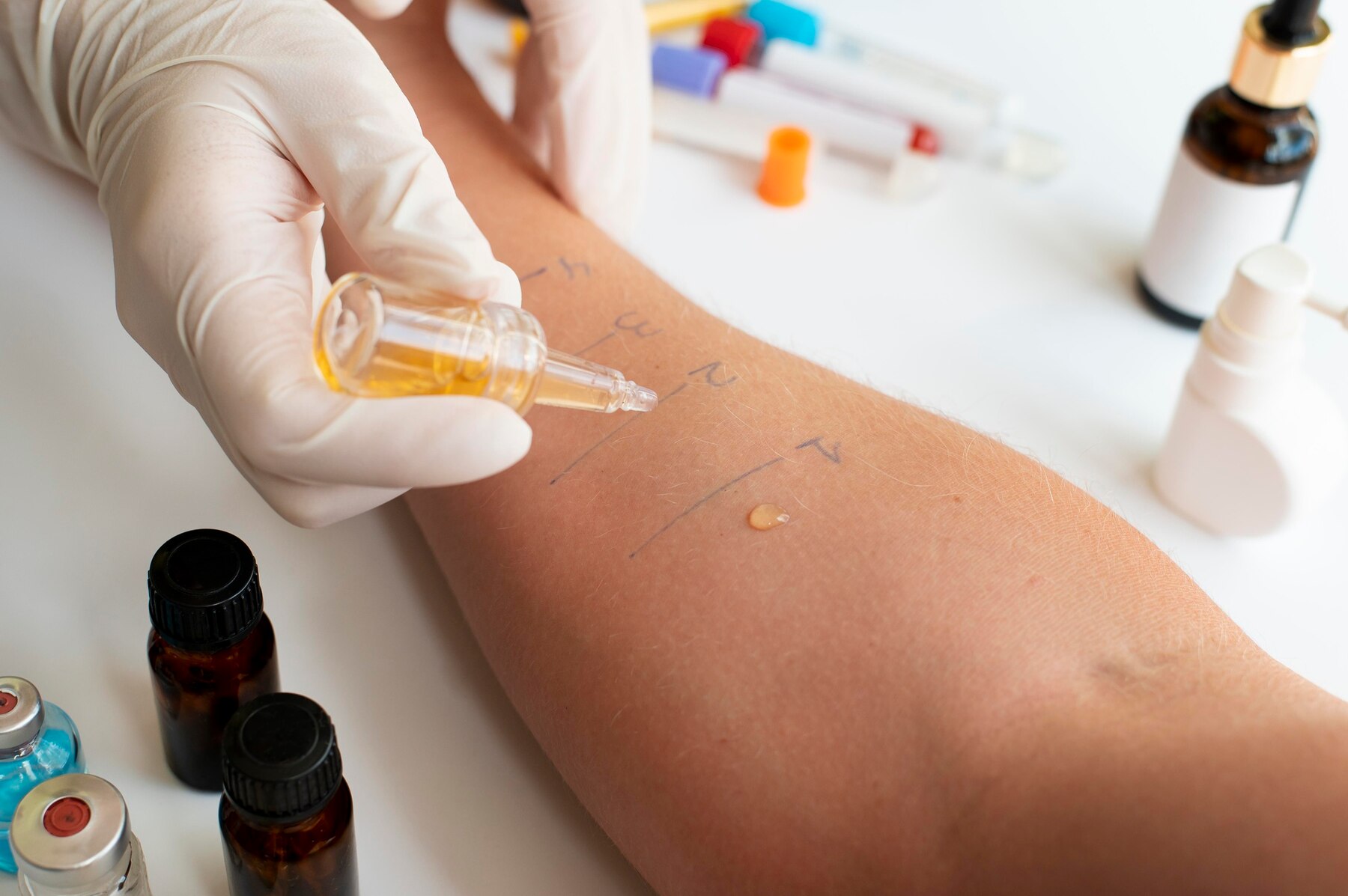
7
Immunosuppressants
In cases of chronic or severe hives that do not
respond to other treatments, immunosuppressant
medications may be prescribed to suppress the immune
system and reduce inflammation.